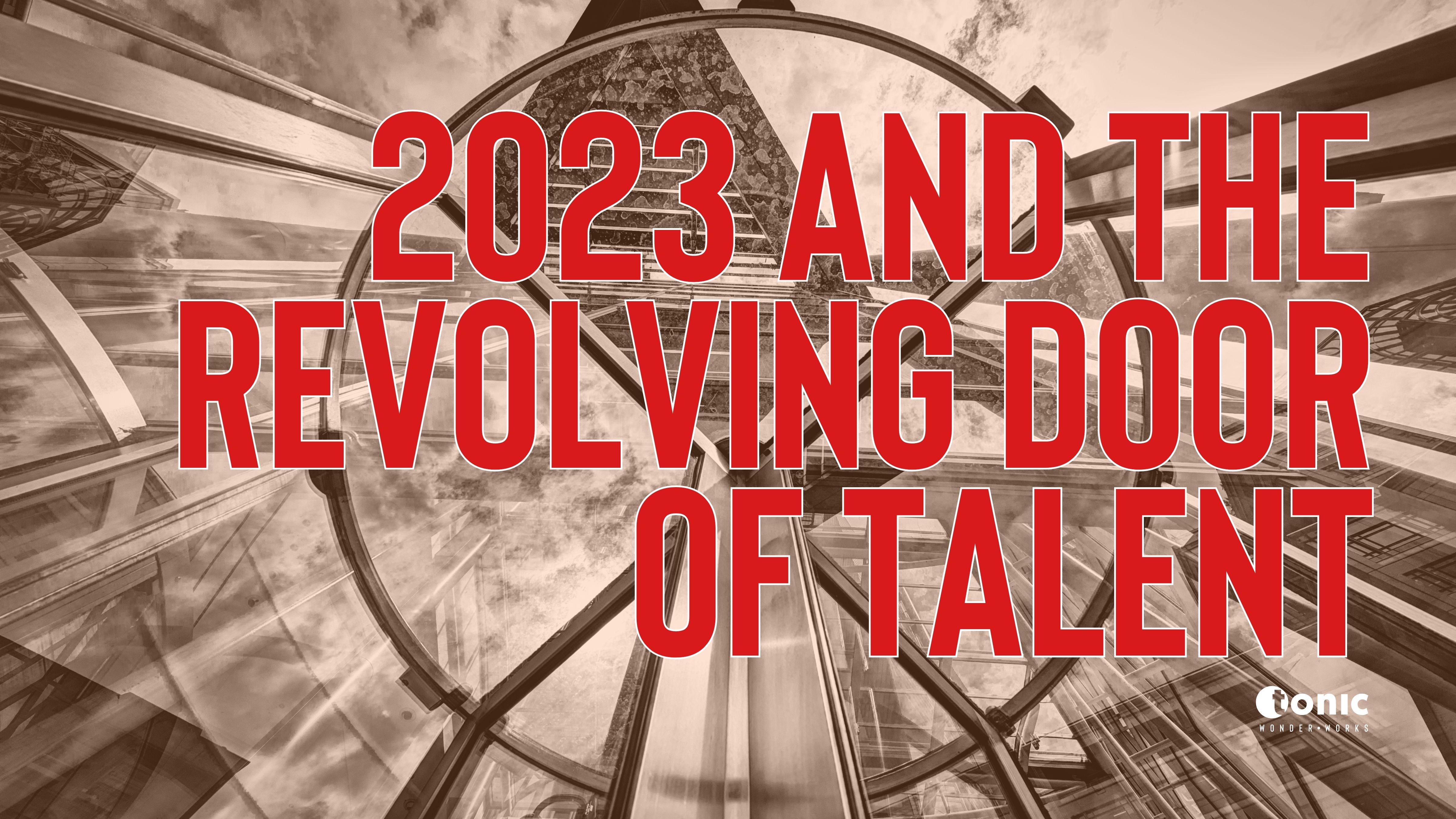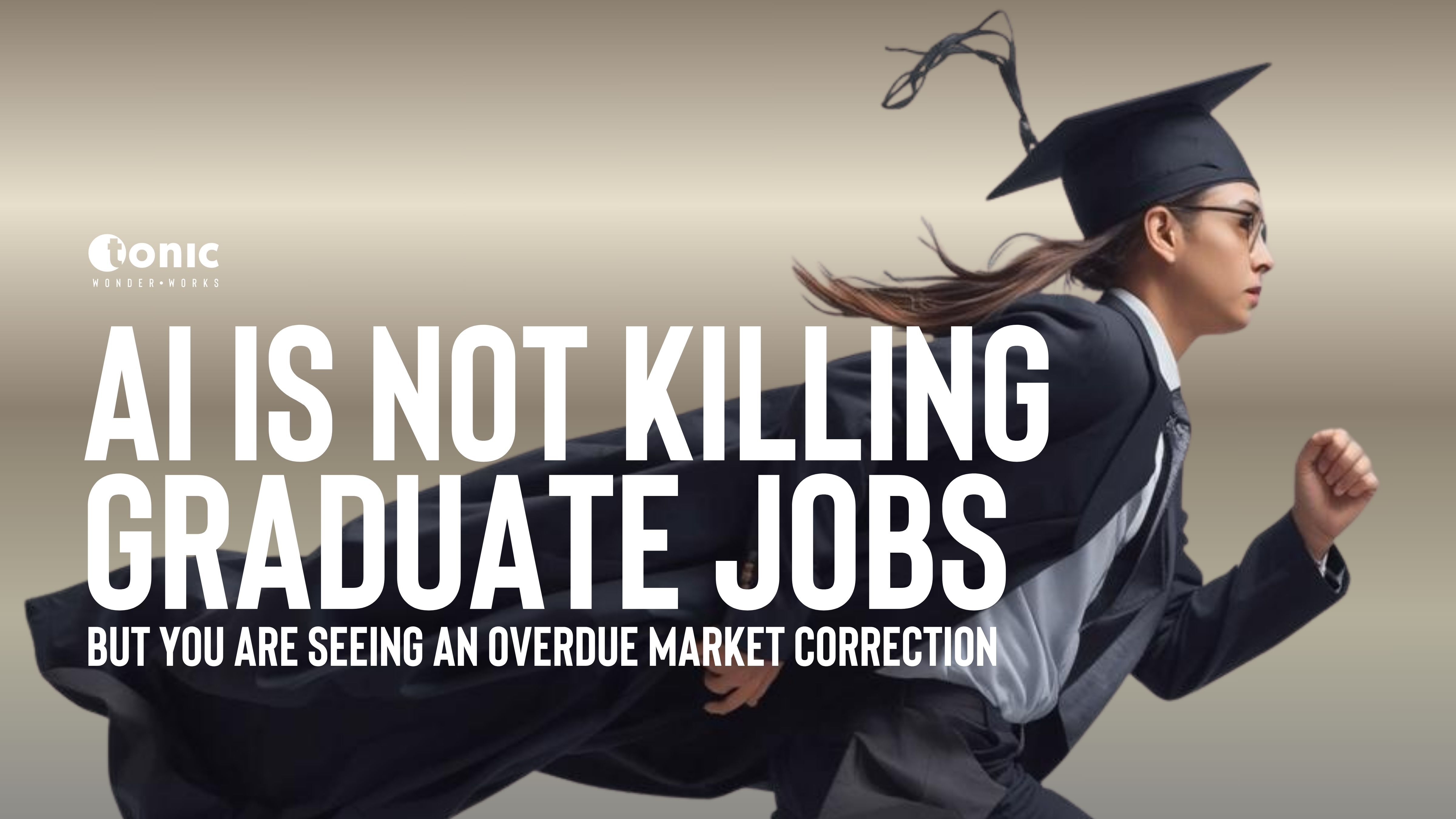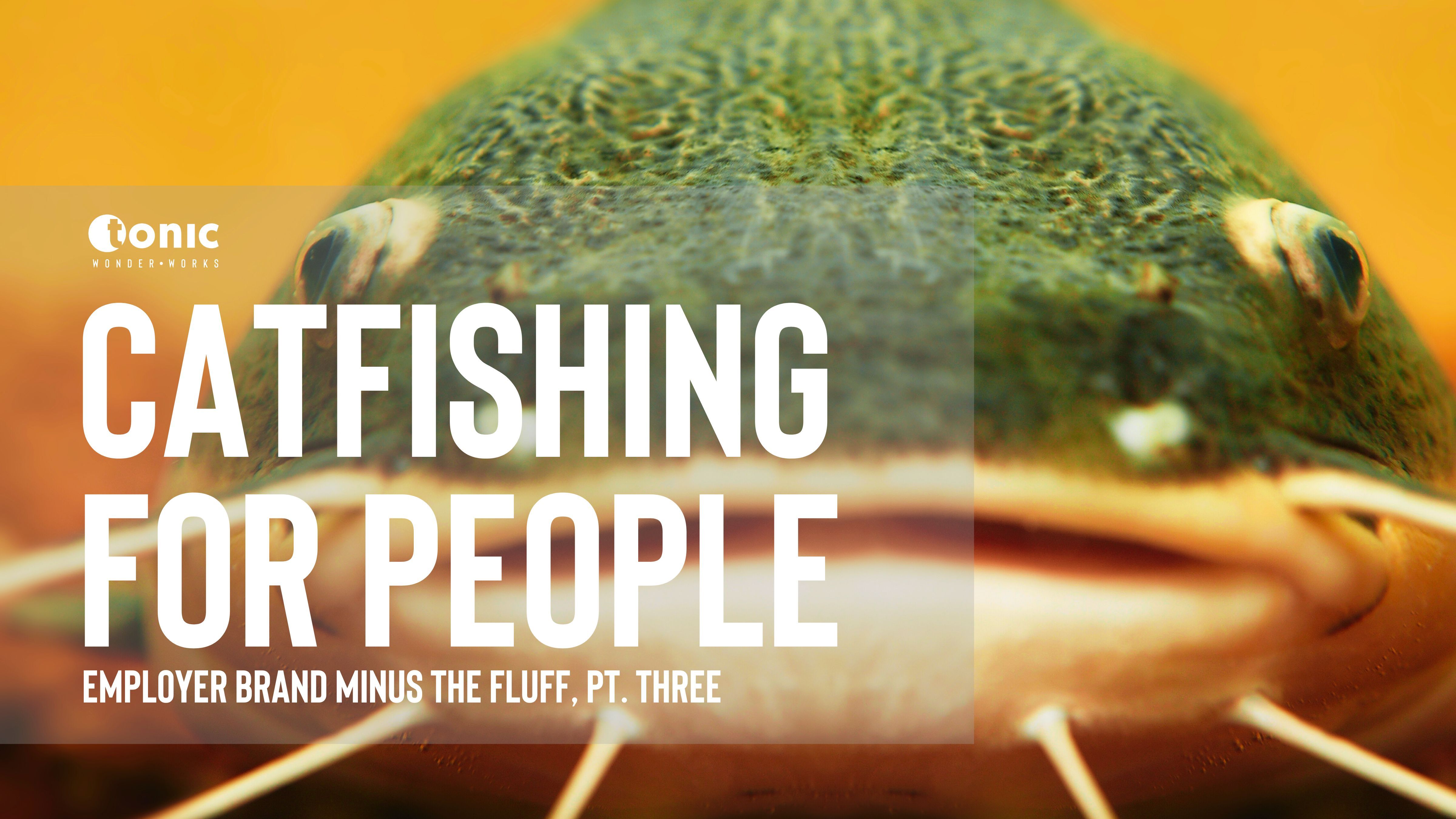First the ‘Great Resignation’, and now, apparently, the ‘Great Regret’. We started to hear about it late last year, early rumblings that some who’d changed roles during the pandemic were second-guessing the decision. According to a study by Paychex, some 80% of great resigners, if we can call them that, now regret moving.
In and of itself, it’s not particularly surprising. Even in ‘normal times’, there’s an irreversible minimum, a group of people who regret changing jobs no matter what. Given the sheer numbers we saw during the Great Resignation (and given that they were quitting in the context of a pandemic), it’s unsurprising that it’s more prevalent today than it has been in the past.
So, if this isn’t particularly surprising, why am I writing about it? Well, because it’s a useful segue into something far more interesting: alumni engagement.
On the face of it, they’re a bit strange — someone’s chosen to move on, so why keep in touch with them?
Well, as I see it, first, they’re (potentially) great advocates of yours, and second, they’re a pool of (usually) untapped, qualified potential candidates.
And it’s that second point I want to focus on. But before you run head-first into the alumni engagement as a means to recruit, there are three fundamental questions you need to answer.
1: Are you willing to rehire?
It sounds simple, but it’s far from it. 70% of employers from that Paychex study were willing to rehire their great resigners. The flip side is that 30% were either unsure or unwilling. And that does make sense.
On one hand, there might always be a slight, niggling doubt about them or a fear that the reasons why they left in the first place might rear their heads again. On the other hand, they know you, they’re qualified, they know your culture, and they know exactly what it’s like to work for you.
Before anything else, you need to fully and honestly think about how open you actually are to re-joiners. Otherwise, it’ll be a useless, fruitless, and expensive exercise.
2: One or many?
So you’ve decided alumni engagement is for you. Your next step is to think about what form it should take. My opinion is that you need to start with the broadest question — do you want to engage everyone who’s left, or do you want to be more selective?
The former is easier, and it means that all of your alumni are reminded that there’s a place they could go back to. Being a bit more selective takes more effort, but it also means that if you have a particular, longer-term hiring need (e.g. solutions architects), you’re connected with some, and you’re talking to them specifically.
You could find, of course, some happy medium, keeping in touch with the broader group while also sending specific or targeted messages to those key groups. Whatever approach you decide to take though, it’s important to have a specific approach in mind. If not, you’ll end up running around in circles.
3. What do you want them to look like?
The most challenging question of all, because there really are countless routes. It could be as simple as encouraging your people to keep in touch with former colleagues, or as complicated as a fully-fledged, multi-faceted campaign. And you’ve got to decide what’s best for you.
Do you just want to keep alumni up-to-date with what you’re up to (keeping yourself front of mind)? Do you want to be really direct, telling them to get back in touch if the job doesn’t meet their expectations? And then how do you want to go about communicating that? Do you want to send a quarterly email? Do you want to host events? Or maybe set up a group on LinkedIn? Or do you want a big mix of all of the above and more?
There really are endless routes. But before you get lost in the myriad of opportunities, my advice would be to think about:
- What’s the best way of telling the story you’re trying to tell?
- What’s going to work best for your specific audience(s)?
- What’s going to feel ‘true’ to who you are as an organisation?
Keep these three in mind, and you (probably!) won’t go too far wrong. We’ve been doing some great work on alumni engagement so if this has spiked an interest - we’d love to chat more.





